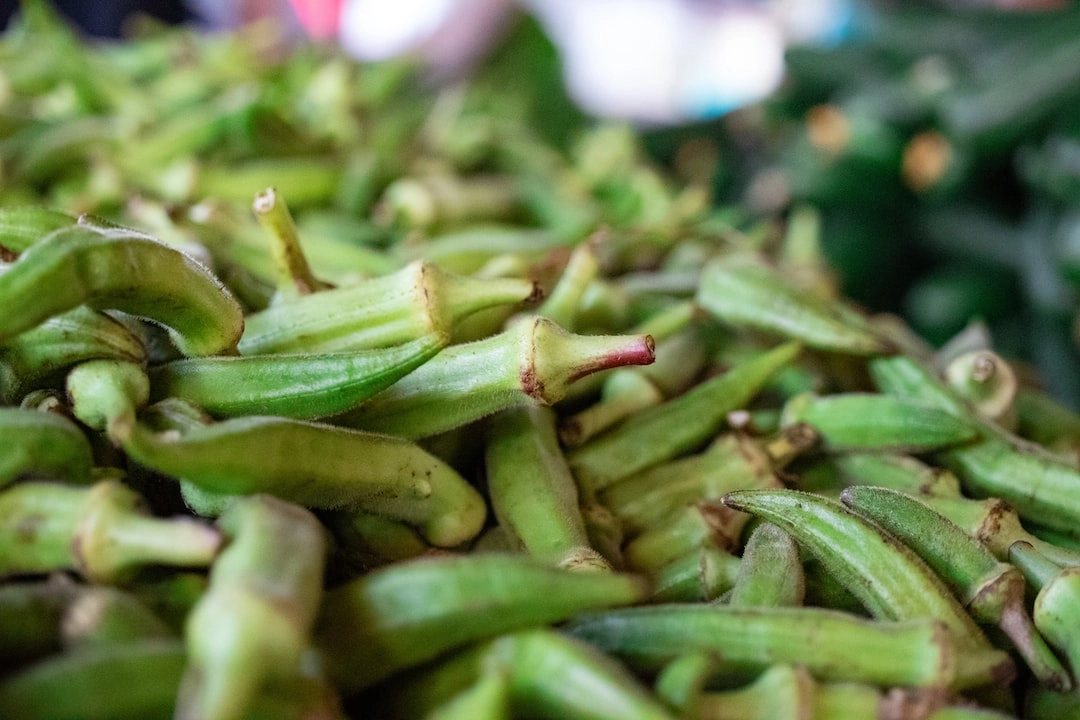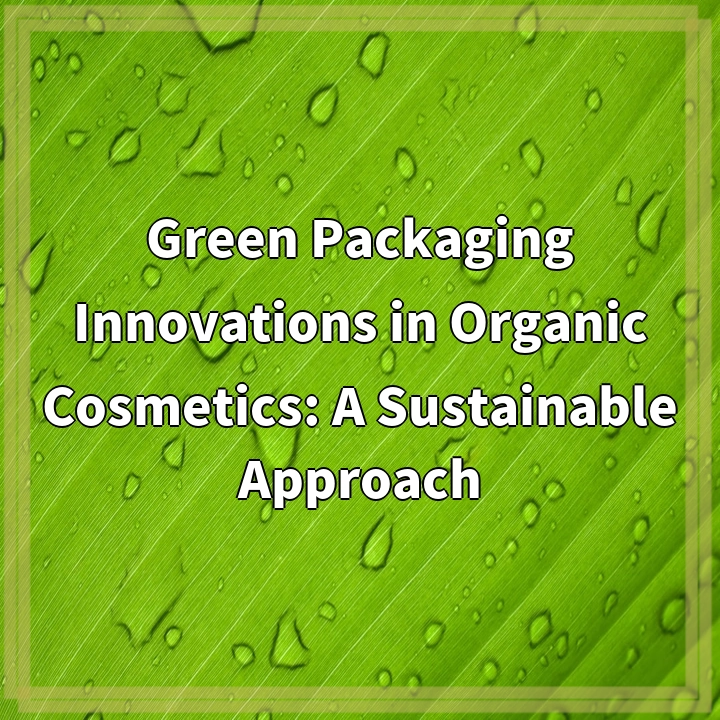What is the Organic Textiles Industry?
The organic textiles industry refers to the production and manufacturing of textiles, such as clothing, home furnishings, and accessories, using organic materials. Organic textiles are made from natural fibers that are grown without the use of pesticides, synthetic fertilizers, or genetically modified organisms (GMOs).
Real-World Problems Associated with the Organic Textiles Industry
The organic textiles industry faces various challenges and issues that need to be addressed for its further growth and sustainability. These problems include:
1. Supply Chain Transparency
Ensuring supply chain transparency is a significant challenge in the organic textiles industry. Traceability and verification of the organic origin of materials throughout the entire production process, from farming to manufacturing, can be complex. Lack of transparency can lead to mislabeling and false claims, undermining consumer trust and the integrity of the organic textiles market.
2. Limited Availability and High Costs
Compared to conventional textiles, organic textiles have limited availability, primarily due to the small-scale production and stricter regulations associated with organic farming practices. As a result, organic textiles often come with a higher price tag, making them less accessible to a wider consumer base.
3. Lack of Certification Standards
Although certifications such as the Global Organic Textile Standard (GOTS) exist to provide guidelines for organic textile production, the lack of universally recognized and enforced standards can lead to inconsistencies in certification processes. Different regions and countries may have their own certification programs, causing confusion and making it difficult for consumers to distinguish genuinely organic products.
4. Environmental Impact of Organic Fiber Production
While organic fiber production eliminates the use of synthetic pesticides and fertilizers, it is not without its environmental challenges. Organic farming practices can still consume significant amounts of water, and the use of organic pesticides may have their own ecological impacts. Balancing sustainability and resource efficiency within the organic textiles industry remains an ongoing concern.
5. Consumer Awareness and Education
Many consumers are still unfamiliar with the concept of organic textiles and the benefits they offer. Increasing awareness and educating consumers about the importance of organic textiles, their environmental benefits, and the potential health risks associated with conventional textiles is essential to drive demand and support the growth of the industry.
Despite these challenges, the organic textiles industry holds great potential for promoting sustainability, reducing chemical exposure, and supporting ethical farming practices. By addressing these real-world problems, the industry can continue to evolve and contribute to a more sustainable and eco-friendly fashion and textiles sector.

Solutions for the Organic Textiles Industry
Addressing the challenges faced by the organic textiles industry requires collaborative efforts from various stakeholders. Here are some potential solutions:
1. Enhanced Supply Chain Transparency
Implementing robust supply chain management systems and technologies can help track and verify the organic origin of materials. Implementing blockchain technology, for example, can increase transparency and ensure accurate labeling and claims throughout the production process.
2. Scaling Up Production and Reducing Costs
Investing in research and development, as well as providing support to organic farmers, can help expand production capacity and reduce costs associated with organic textiles. This can in turn make organic textiles more affordable and accessible to a wider range of consumers.
3. Standardization of Certification Processes
Working towards harmonizing certification standards can help alleviate confusion and ensure consistency across different regions and countries. Establishing internationally recognized certification programs can enhance consumer trust and facilitate informed purchasing decisions.
4. Continuous Improvement of Organic Farming Practices
Encouraging innovation in organic farming techniques, such as water-efficient irrigation methods and the development of organic pesticides with reduced environmental impacts, can help further minimize the ecological footprint of organic fiber production.
5. Consumer Education and Awareness
Raising awareness about the environmental and health benefits of organic textiles can be achieved through educational campaigns, partnerships with sustainability influencers, and collaborations with fashion brands. Providing clear and accessible information to consumers empowers them to make more informed choices and support the organic textiles industry.
By implementing these solutions, the organic textiles industry can overcome barriers and foster a more sustainable and ethical approach to textile production and consumption.













